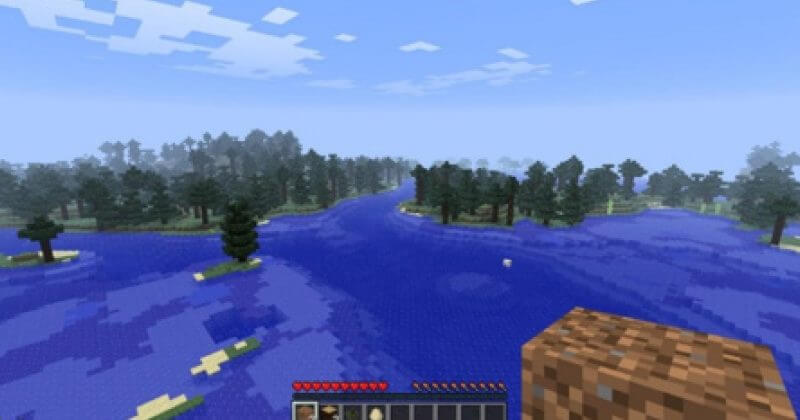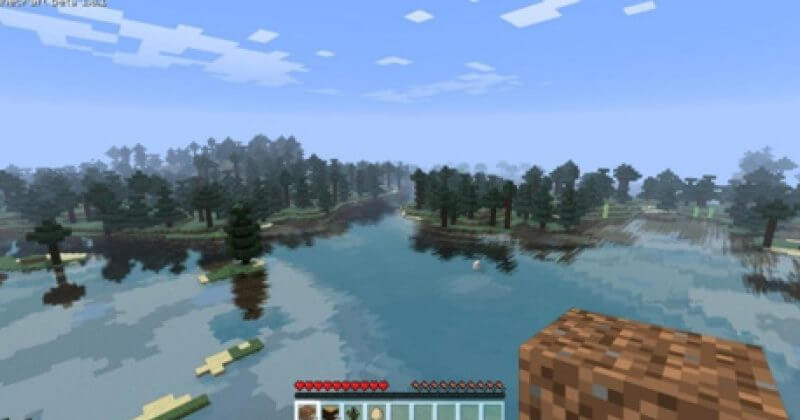Vulkan Shading IR (SPIR-V)
 Original
Original
 GLSL fragment shader applied to the water
GLSL fragment shader applied to the water
A few examples of different types of shading include:
-
Vertex Shading – For positioning vertices and tagging them with attributes to interpolate across triangles
-
Tessellation and Geometry Shading – For refining triangle geometry and values to interpolate
-
Fragment (or pixel) Shading – For coloring individual pixels based on the interpolated values, texturing, and programmed procedures
Our Extensive Shader Compiler Experience
Shaders are typically written in a C-like language, known as GLSL (GLslang) for OpenGL® and HLSL (High-Level Shader Language) for DirectX D3D. SPIR-V™ is a binary intermediate representation for graphical-shader stages and compute kernels. With Vulkan®, an application can still write its shaders in a high-level shading language such as GLSL or HLSL. However a SPIR-V binary is needed when using vkCreateShaderModule in Vulkan. This is why there are multiple front-end compilers for GLSL and HLSL to convert to SPIR-V.
LunarG has extensive shader compiler language and technology experience which comes from years of working on shader compiler stacks for clients and our own open-source and proprietary development projects. Our team has contributed to improvements in SPIR-V Opt and GLslang. We have also created a number of innovative shader‐compiler components, including LunarGLASS™, LunarGOO™, and Glassy Mesa™.
Shader Compiler Services
Developing and Optimizing Shader Compilers
LunarG offers engineering services for shader compiler development, optimization, bug fixes, and integration for:
OpenGL® Shading Language (GLSL)
OpenGL ES Shading Language (ESSL)
High-Level Shading Language (HLSL)
We also provide optional support and warranties for our services, so you can rest assured your solution will continue to work smoothly after launch.
A Few Reasons to Choose LunarG
- Our ability to upstream open source, create open standards or proprietary solutions, and tailor our solutions and support to meet your needs
- Our extensive shader-compiler, software engineering, and project management experience
- Our ability to leverage open source software to create customized solutions
- Our quality and timeliness
- Our professionalism

Benefits of Using Our Services
- Allows you to quickly tap into extensive shader-compiler language and technology expertise to complete your projects
- Saves your team significant time by not having to figure everything out yourself

SPIR-V Legalization and Size Reduction Using spirv-opt

Learn how to use SPIR-V Opt to reduce SPIR-V size.
Download White PaperNeed Help with
3D Graphics Software?
Interested in LunarG software services or have a unique need that you don't see represented here? Let's talk about your project...

